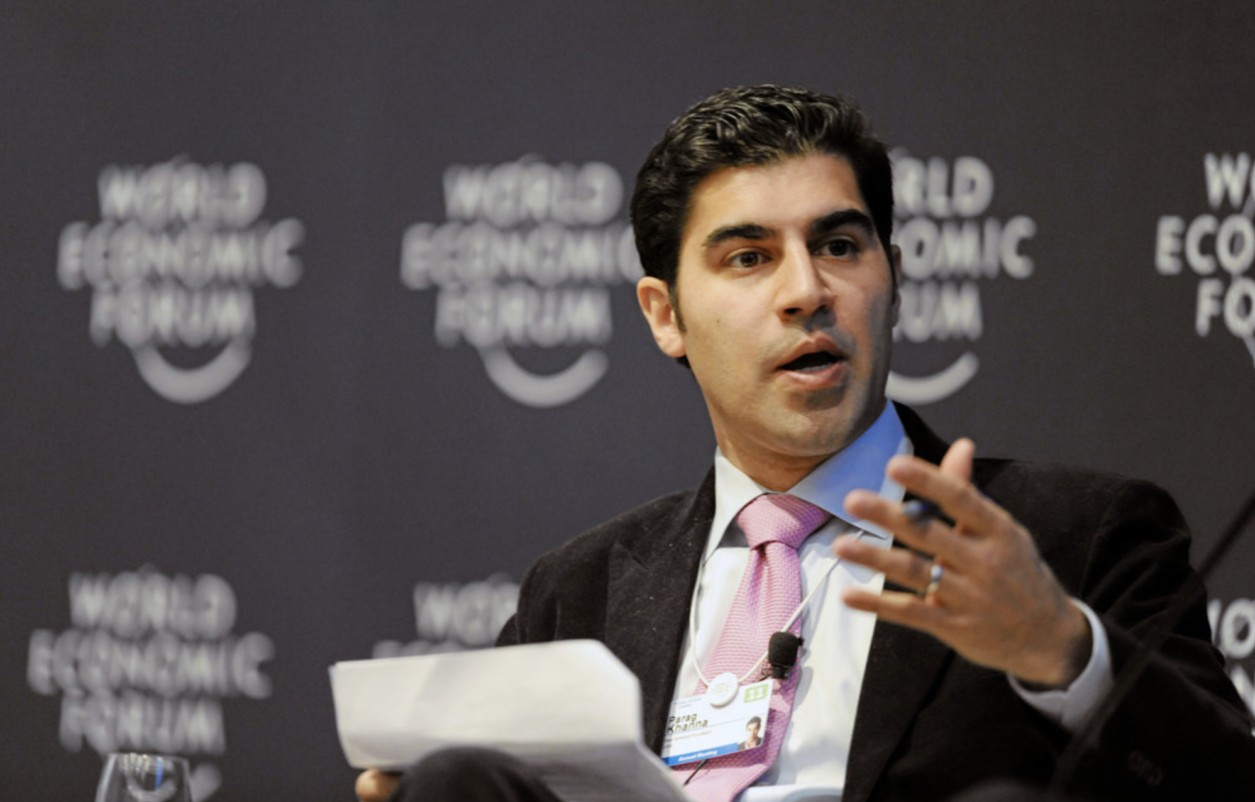Busting Myths About Deglobalization and What It Means For Travel

Skift Take

Skift Podcast
Compelling discussions with travel industry leaders and creatives who are helping to shape the future of travel.Parag Khanna is an author, geopolitical scientist and founder of Climate Alpha, an AI-powered analytics platform forecasting asset values and future-proof global real estate, as well as FutureMap, a data and scenario-based strategic advisory firm. Khanna, who has also spoken at Skift events, shares in this recent podcast with Skift founder and CEO Rafat Ali his perspectives on travel, globalization and immigration and discusses a key theme from his latest book MOVE: Where People Are Going for a Better Future.
Travel bounced back in major ways since the pandemic, which exposed how societies around the globe relied on travel, tourism and migration. Countries are competing to bring down visa barriers to host people, as the number of countries offering digital nomad visas went from one in 2020 to about 100 in three years. Khanna believes we’re in the early post-Covid phase of a five to 10-year process, where our passports will matter less than our credentials, and our bona fides stored on blockchains can be securely provided to requisite authorities.
What's more, Khanna said, accelerated technology breakthroughs that have unlocked digital capabilities during the pandemic will continue to disrupt travel in a positive way.
Despite the fragmentation of the global trading system and competitive movements around regulations, nationalism, nearshoring and industrial policies, global trade volumes are still surging and reaching record levels, said Khanna. While supply chain shocks and slowdowns from the pandemic affected global goods trade, globalization is not solely based on trade. Khanna shared that emerging markets in Asia are once again high growth areas attracting capital flows in the trillions, and tailwinds of labor shortages and geopolitical risks are driving migration and relocation.
Subscribe
Apple Podcasts | Spotify | Overcast | Pocket Casts | Google Podcasts | Amazon | RSS
Globalization is alive and well, and from Khanna’s perspective, an increasingly more competitive globalization is emerging. Rather than focusing on particular countries’ trade or migration policies for developing strong domestic industrial bases to buffer against future supply chain disruption, he suggests that globalization is an aggregate value, and acts of globalization are behind every act of deglobalization. Khanna notes that the world now practices the 450-year-old economic concept of mercantilism. Supply chains have supply chains, and tracing those reveal that globalization has become entrenched in societies. Everyone is plotting for more globalization, and a more competitive dynamic will appear.
Population forecasts for the next 20-30 years have been revised downward significantly. Khanna calls it at 9.5 billion by 2040 or 2050, and believes that maximum human population is around the corner. Since the future will be statistically dominated by today’s young people, one of the main themes of Khanna’s recent book is the war for young talent, discussing where they go and how they vote with their feet will determine the 21st-century winners and losers in societies. Japan, for example, has been under the radar for attracting ex-pats across Asia Pacific and currently hosts nearly 2.5 million foreigners. This is a novel and unprecedented phenomenon in human history, and Khanna believes the world is not psychologically prepared for it.
Record low unemployment levels and worker shortages in the U.S. call for legal immigration, as fertility rates and childbirths have gone down and there is a skills mismatch in high-growth areas. U.S. currently leads the world in net inward migration overnight. Khanna observes signs of political and policy change as long as political parties recognize labor shortages that impact innovation, dynamism and GDP. The Biden administration is trying to follow a Canadian-style model with more seamless digitization and expanded quotas. While the U.S. is currently advantaged and favorable as a destination, it faces competition from the U.K., Germany and Canada.




